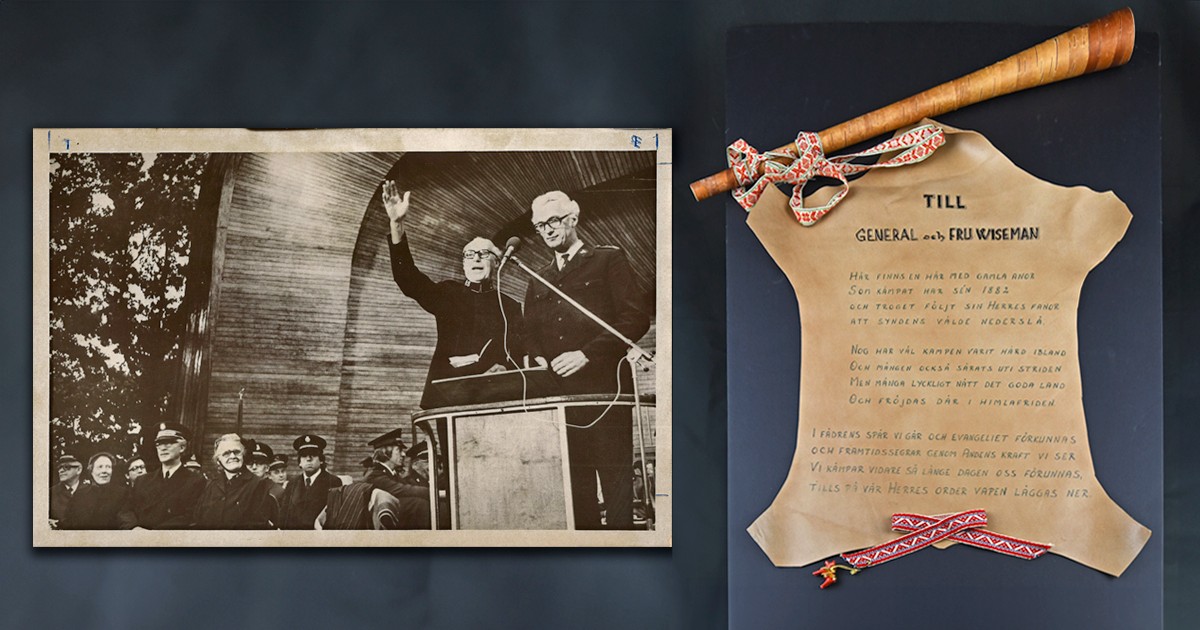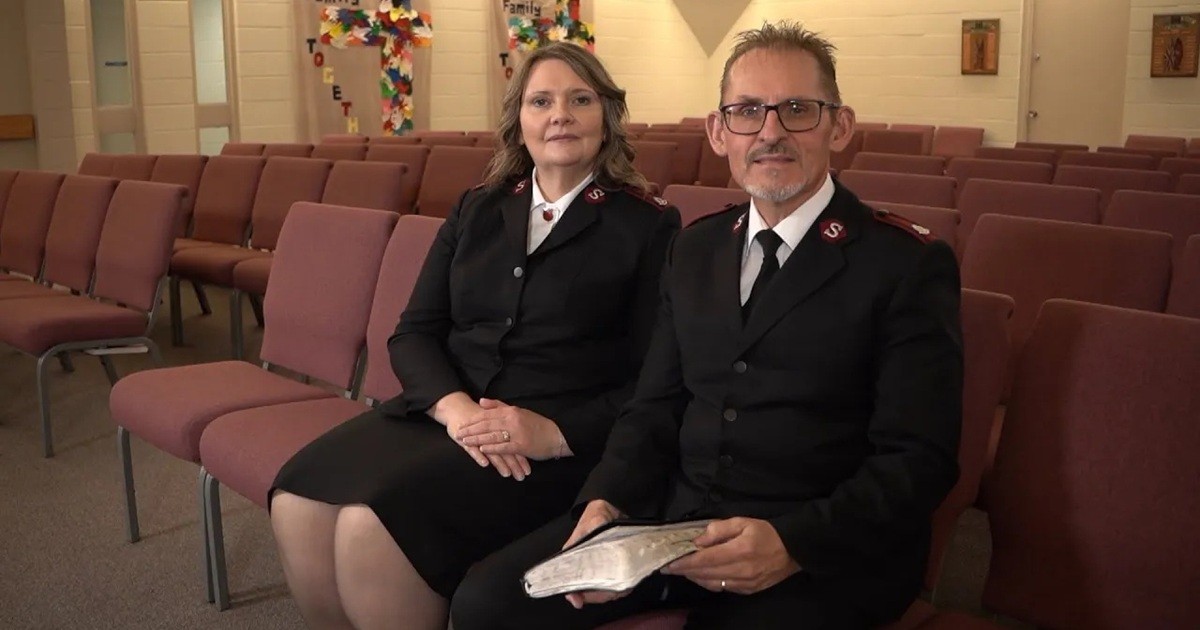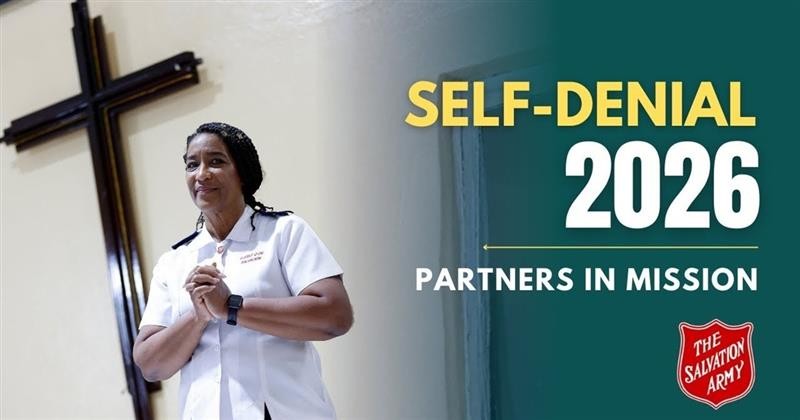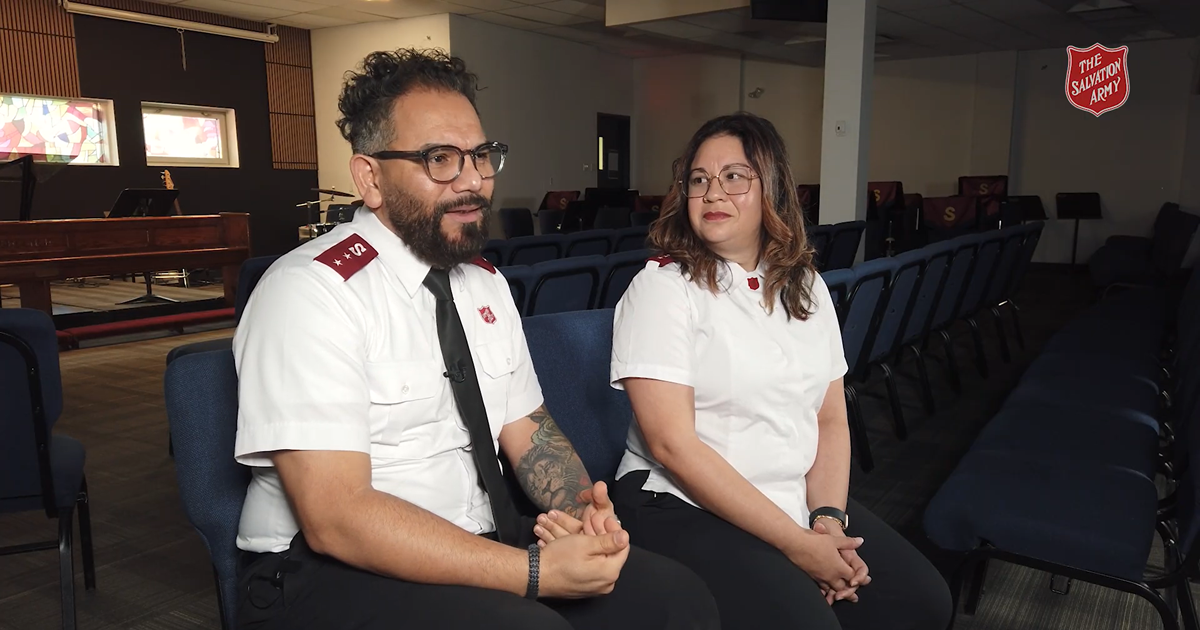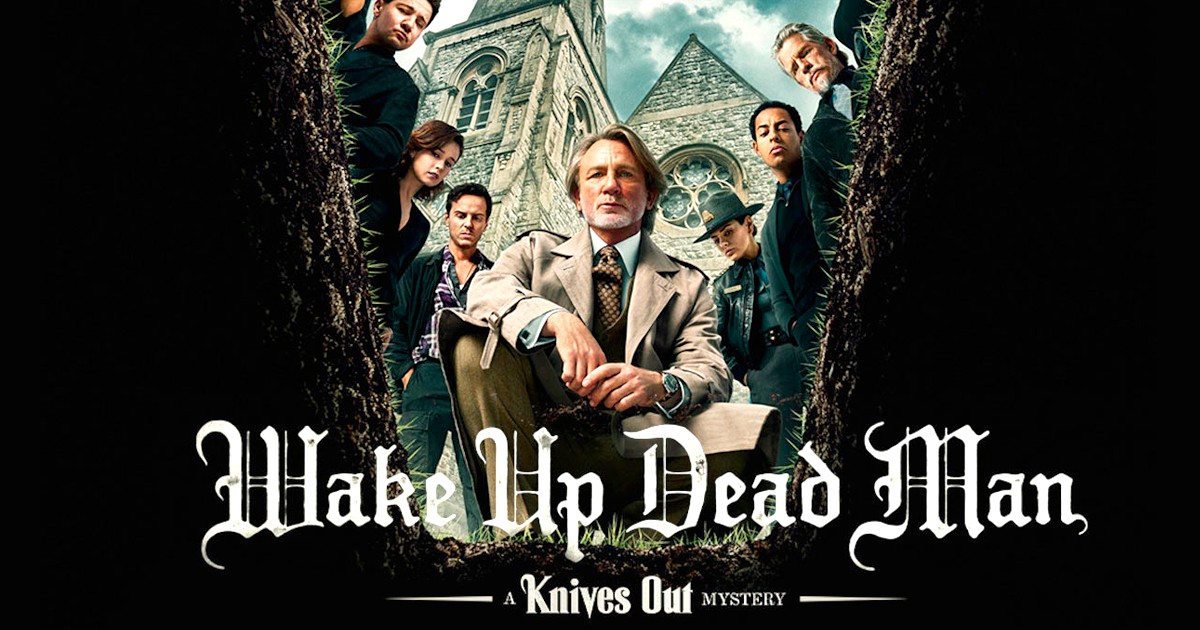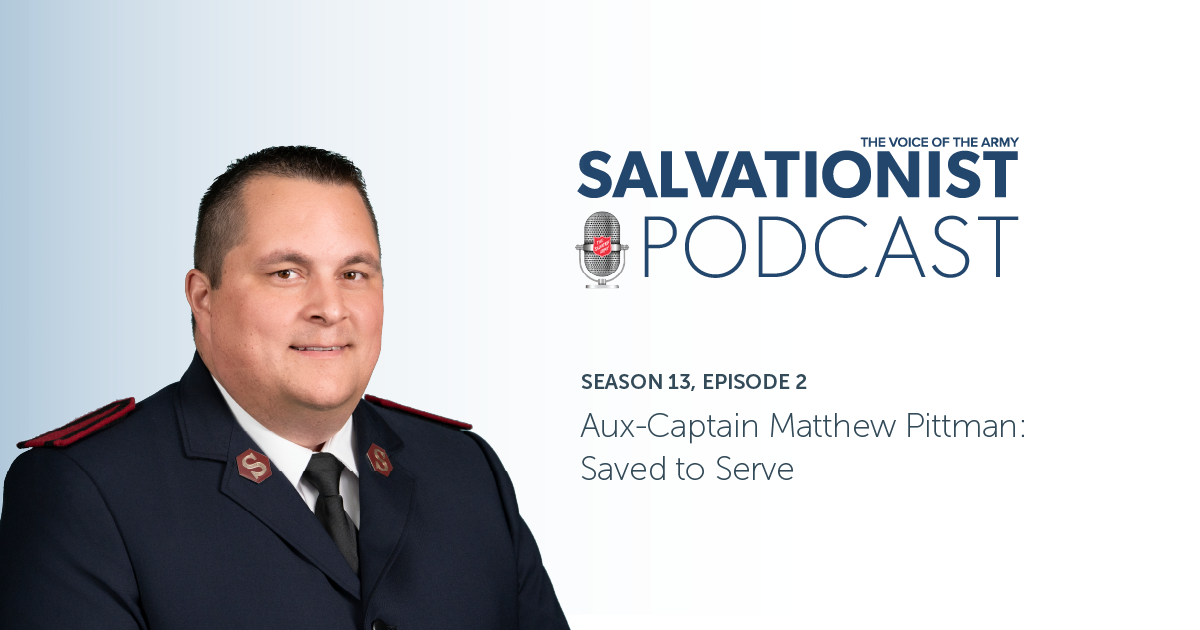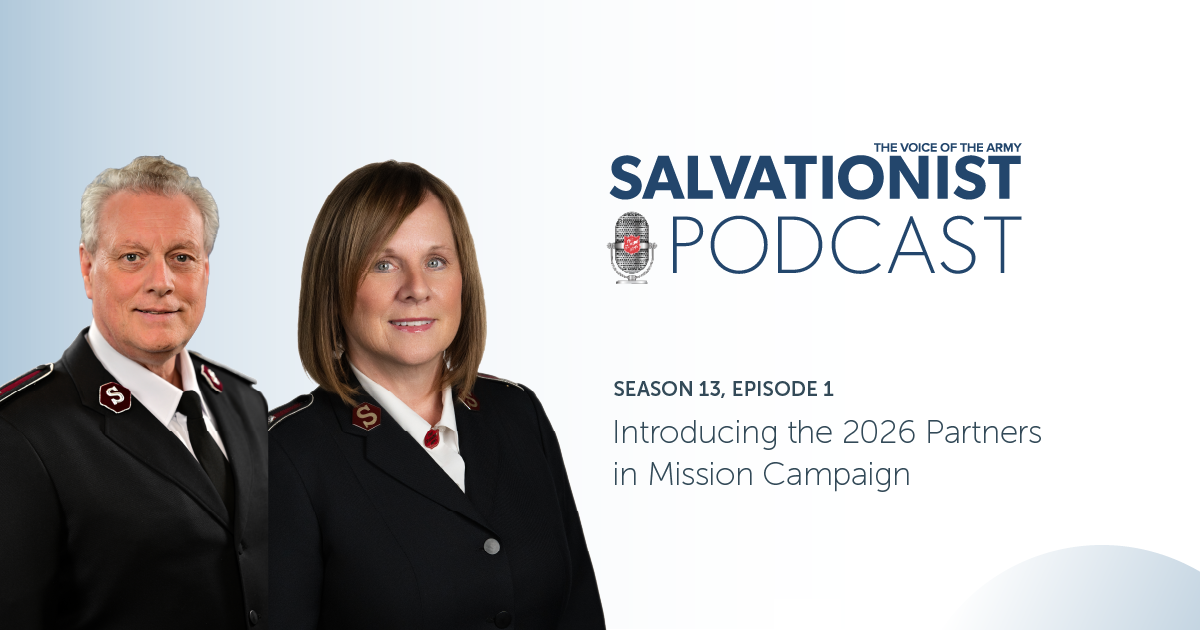Salvationist Podcast: Australian Officers on Serving in Canada
"We love it here," say Captains Chris and Nichole Maxwell, officers from Down Under.
PodcastAustralian officers talk about their calling; about some of the biggest and most surprising differences between The Salvation Army in Australia and Canada; and about their church’s process of rebuilding after Covid and how Kingston Citadel has a renewed vision and is thriving today.





